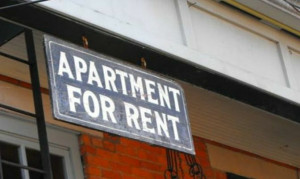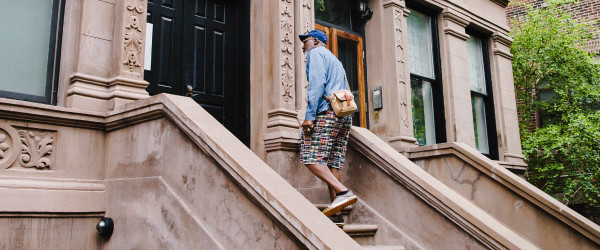A hotel is a building that mainly caters to the needs of travellers. In a hotel you are a guest, not a tenant. While both are residential relationships, the rights and responsibilities of the parties differ dramatically between the two situations. There are, for instance, different regulatory requirements: hotels must record the name and place of residence of every guest, and hotels must post their room rates. More significantly for many travelers, hotels are responsible for the wellbeing of their guests and their guests’ possessions. At the same time, hotels can decide who to admit as a guest, which room they can use, and whether to evict them, so long as they do so without discriminating. Hotels also have a right to seize any possessions belonging to guests who don’t pay, and sell them after three months.
Responsibility for your well being
Hotels are responsible for the well being of their guests. This includes not only providing guests with lodging, but also ensuring food is available, even for guests who arrive late into the night. Hotels also have a duty to make their premises safe. This includes things like fire safety, and also protecting guests from criminals and disruptive individuals.
Responsibility for your things
In addition to a responsibility for the wellbeing of guests, hotels are also responsible for any property guests bring with them. If the property is stolen, lost or damaged while at the hotel, the hotel is liable. However, this liability is limited to $40 unless it can be attributed to the willful act, default or neglect of the hotel. The limit on liability also does not apply where the property was specifically given to hotel employees for safekeeping, or where it was placed in a safe provided by the hotel. It is also important to note that once a guest leaves, the hotel ceases to have any special responsibility for property left behind.
Right to seize and eventually sell your things
Hotels have a right to seize the property of guests who do not pay what they owe for food or accommodation. If the unpaid bill remains unpaid for three months, the hotel can auction off the property to cover the guest’s debt. It is important to note that this rule covers any property that was in the guest’s possession, including property that someone else may have a claim to. For instance, where a hotel seized a guest’s car that had also been put up as security for a loan, the hotel was found to have the greater right to the proceeds from the sale of the vehicle.
Right to determine where you stay
Hotels have the right to tell guests which room to stay in, to change a guest’s room, and to make a guest leave. As compared to the landlord-tenant relationship, hotels have minimal restrictions on when they can evict guests. This is particularly true where a guest is disorderly: the hotel may even go so far as to use reasonable force to eject a disorderly guest or patron. That being said, a hotel must have good reason to evict a paying customer, and must use reasonable care in doing so.
Responsibility to respect human rights
Hotels also must adhere to the Human Rights Code. This law mandates substantively equal treatment with respect to services and accommodation, and prohibits discrimination because of a variety of factors. Generally speaking, a hotel must also strive to accommodate guests’ special needs, insofar as those needs relate to a protected factor. In practical terms, this means hotels should have accessible rooms available for guests with mobility impairments, and must generally accept necessary service animals despite any “no pets” policy. It is worth noting, of course, that accommodating the needs of guests is also considered good hospitality.
Had a bad experience at a hotel? Tell us in the comments below!
Want to know your rights on any other topics? Send me an email at tanya (at) tcwalkerlawyers.com.










